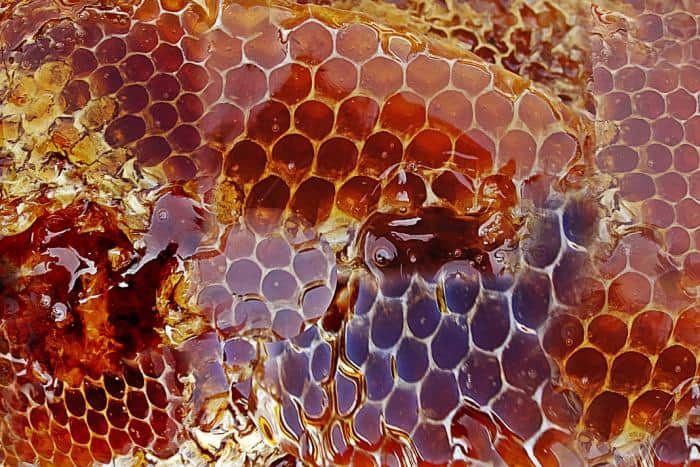The prostate is a male reproductive gland.
It is located in the urethra below the bladder. The prostate produces a fluid which makes up a part of semen.
There are different conditions of the prostate that men can suffer from. When the prostate gland gets inflamed, it is called prostatitis.
This condition is painful and causes urinating problems, pain in the abdomen, lower back, testicles or penis. There are four types of prostatitis – Acute bacterial, chronic bacterial, chronic prostatitis and asymptomatic inflammatory prostatitis.
Benign prostate hyperplasia (BPH) is an enlargement of the prostate and is non-cancerous. As it expands, the muscles surrounding the urethra get constricted and this makes it difficult to urinate.
BPH usually affects men over the age of 50. Prostate cancer occurs when cancerous cells invade the prostate.
This is common cancer that affects older men. The cause is unknown although its growth is stimulated by testosterone – the male sex hormone.
About Bee Pollen
Bee pollen is collected by honeybees from flowering plants while on the lookout for nectar.
Apart from flower pollen, bee pollen also contains gametes (male reproductive cells) in flowers and the digestive enzymes from honeybees.
Bee pollen is rich in proteins, carbohydrates, vitamins, minerals, amino acids, trace elements and enzymes. It also has excellent anti-oxidant properties.
The actual composition of bee pollen depends a great deal on the environment, the plants the bees visit etc. Bee pollen is used as a nutritional aid and there is no substantive scientific evidence about its benefits for any particular disease.
Bee Pollen for Prostate Diseases

Bee pollen has been known to improve symptoms of chronic prostatitis and benign prostatic hyperplasia.
In a controlled study conducted in 2000, researchers studied the effect of bee pollen for symptoms of BPH.
The conclusion was that it did alleviate some of the symptoms and most of the patients tolerated it quite well.
Another study of bee pollen was done in China were its effects on cancer were studied. Of the nine cancer cells of varied origins, bee pollen had strong cytotoxicity on prostate cancer cells (PC-3 Cells).
Studies also showed that the steroid fraction extracted from bee pollen (specifically Brassica campestris L.) was beneficial in treating advanced forms of prostate cancer. The bee pollen was introduced in vitro into the cancer cells and caused their self-destruction.
Hence, it could offer a natural remedy in treating prostate cancer.
One specific ingredient – propolis – found in bee pollen was found to be effective in killing prostate cancer cells in the laboratory.
Propolis played a significant role in chemoprevention and also has excellent anti-microbial and anti-cancer properties.
The daily dosage depends on the type of supplement taken. If you take a 500mg tablet, then it could be taken 2-4 times daily. However, it is very important to discuss your prostate symptoms with the doctor and not try to self-medicate for these are serious health problems.
Precautions while using Bee Pollen
It is always important to start with a small dose to test for tolerance levels. The optimal dosage has not been established.
Pregnant and breastfeeding women are advised to avoid all dietary supplements since there are no regulations regarding the ingredients they contain, manufacturing methods, etc.
People who are allergic to ingested pollen could suffer from allergic reactions like discomfort, breathing difficulties, sneezing and rashes.
A fatal condition called anaphylaxis could occur if mild allergic symptoms are left untreated and the person continues to take the product.
Those susceptible to allergic rhinitis (hay fever) or asthma must also avoid bee pollen.
There are no known interactions of bee pollen to any food or drugs.
Since the ingredients in bee pollen depend a great deal on the flowers the bees visit, there could also be metal and environmental contamination, herbicides and fertilizers mixed with the product.
Hence, people are usually advised to avoid bee pollen products got from highly industrialized areas for it has a greater chance of being contaminated.
Always consult your doctor before taking bee pollen supplements, giving them complete details about your prostate condition and the medications you are taking. Bee pollen cannot be a replacement for conventional medicine but only a supplementary treatment.
